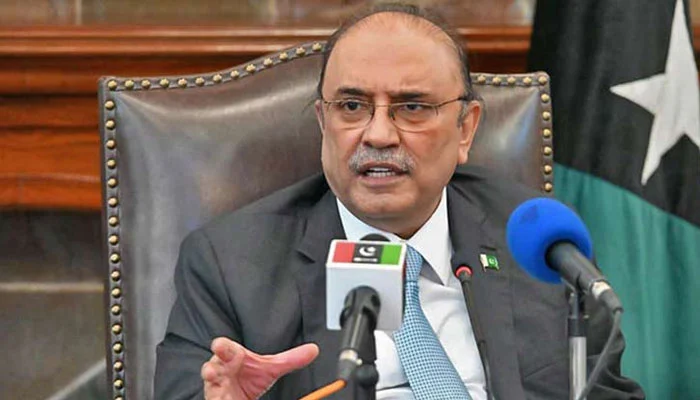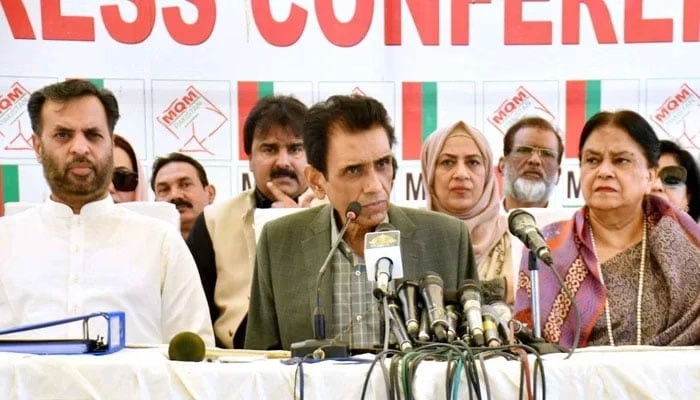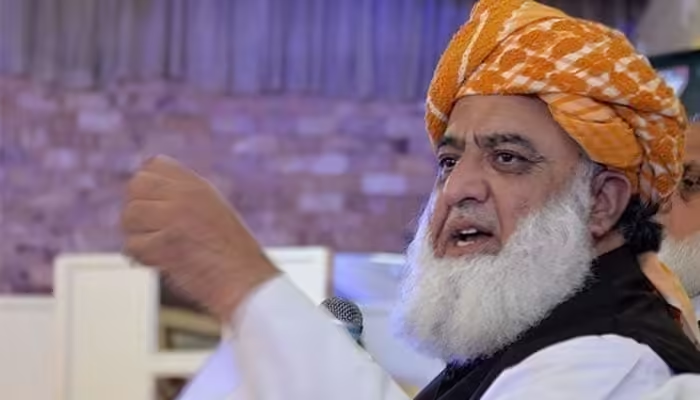In a recent statement, Asif Ali Zardari, Co-Chairman of the Pakistan Peoples Party (PPP) and former President, expressed confidence in the Election Commission’s ability to conduct transparent elections. Zardari stated that the country is conducive to holding elections, and the PPP is fully prepared to participate comprehensively in the electoral process. He emphasized that the PPP is the only party capable of contesting elections in diverse environments and predicted that it would emerge as the majority party after the upcoming elections on February 8.
Maryam Aurangzeb, the spokesperson for the Pakistan Muslim League-Nawaz (PML-N), acknowledged the significance of Asif Ali Zardari’s statement, asserting that opponents have already accepted that Nawaz Sharif will become the Prime Minister. She further highlighted that the PML-N endorses Zardari’s stance on the transparency of future elections.
Zardari, during a press conference on Sunday, mentioned that the nation is moving towards transparent elections, expressing his trust in the Election Commission to ensure fairness. He underscored that the PPP is well-prepared for the elections and anticipates emerging as the majority party on February 8. Zardari’s statement aligns with the prevailing sentiment that the environment in the country is favorable for elections and that they should be held on time.
In response to Zardari’s remarks, PML-N’s spokesperson Maryam Aurangzeb reiterated the importance of his statement, particularly regarding the transparency of the next elections. She mentioned that Zardari’s statement finds validation in the PML-N’s endorsement, and the party remains committed to a fair electoral process.
The political landscape in Pakistan is currently marked by the anticipation of upcoming elections, with key figures expressing their readiness and confidence in the electoral process. As the political narrative unfolds, the statements from leaders such as Asif Ali Zardari set the tone for the discourse surrounding the fairness and transparency of the electoral system.



